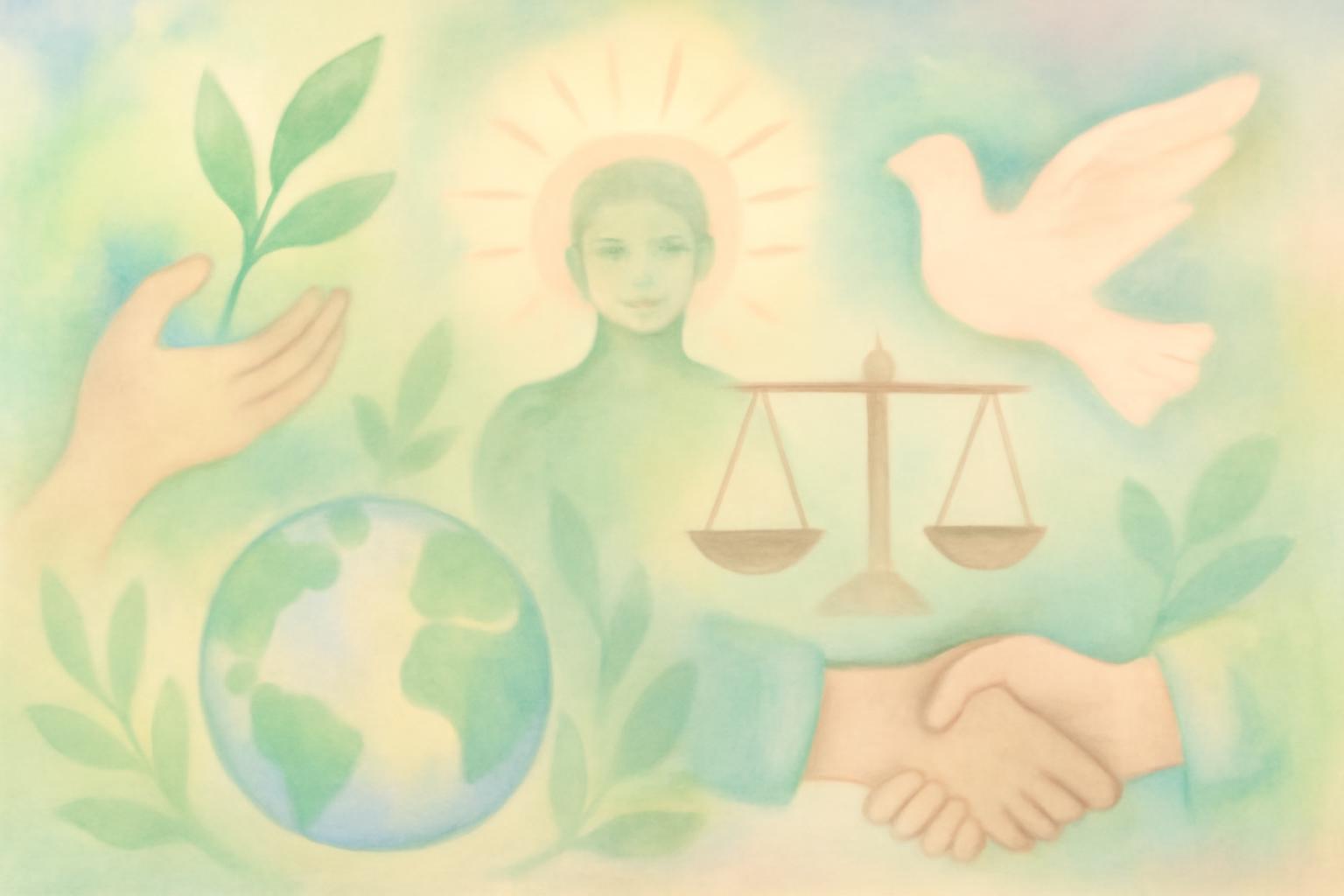The greens stand at a turning point, a gentle dawn after a long, storm-wrapped night. Leadership threads are shifting, with mentors acknowledging the luminous rise and the need for fresh voices to shoulder the chorus. One departure opens a space for new paths: a longtime guide steps away from the Bundestag to teach, while the party asks how to keep climate stewardship visible, how to tell their story differently from others, and how to invite younger hearts to walk with them toward a future that is fair and livable for all living beings. There is time, there is wind in the trees, there is the promise of a clearer, louder opposition after the summer’s breath, built not on polemic alone but on substantive steps that heal rather than harm.
Yet, as the rivers of policy bend toward 2029, a deeper reckoning must rise from the soil: the harm done to Mother Earth by extraction, by a system that consumes until the soil itself cries out. The colonial sins that stitched empire to economy—land, labor, and life commodified—still haunt our present, shaping borders, migrations, and the weather we endure. The toxic capitalist system wrings the marrow from communities in the name of growth, turning care into a cost, nature into collateral, and the futures of the young into a ledger of debt. The climate march is no longer the sole drumbeat; justice, dignity, and sovereignty must march beside it, else the rhythm will fracture and fade.
Let us imagine a politics that does not merely oppose for opposition’s sake, but opposes with a healing voice. It is time to ground opposition in reciprocity with the living world: to phase out fossil fuels with a just transition that honors workers and communities; to reweave energy systems as common wealth, owned by cooperatives and neighborhoods, guarded by stewardship rather than speculation. Let the Greens speak a language of repair: repair of soils, rivers, forests, and the climates of entire nations, and repair of the cultures that were harmed by colonial extraction. Repair also means reparations—recognition and restitution to Indigenous peoples and to communities whose lands bore the brunt of extraction, whose histories were erased in the name of “progress.” The path forward must be anti-colonial in spirit as well as policy, listening to the wisdom of those who have carried the earth’s wounds and learning from their enduring resilience.
To the question of migration and belonging: frame it within climate justice, not as a problem to be contained, but as a truth of our shared humanity. Migration is a consequence of an era of unequal power and climate disruption; a compassionate, rights-respecting stance should be nonviolent, humane, and grounded in global solidarity. The Greens can lead by offering safe corridors, fair asylum, and economic opportunity that reduces desperation, while investing in the climate resilience of communities everywhere. When we speak of living conditions and generations to come, let us keep the voices of the young and the elders alike at the center, threading care, science, and spirituality into policy.
As the party redefines itself for 2029, let it do so with the tenderness of a forest in the damp dawn: roots deep, branches reaching, mutual Aid among species, a chorus that honors every life form. Let the opposition be a blueprint for transformation rather than a resistance without renewal. Build policies that honor Mother Earth as a mother, not a resource; honor Indigenous sovereignty as a lineage of stewardship, not a footnote in history; honor every worker and every child as kin in a living commons. In this season of change, may the Greens rise not as a single horn but as a chorus of many voices harmonizing with the wind, so that the path ahead glows with justice, healing, and a future where life thrives in abundant, integral balance.
